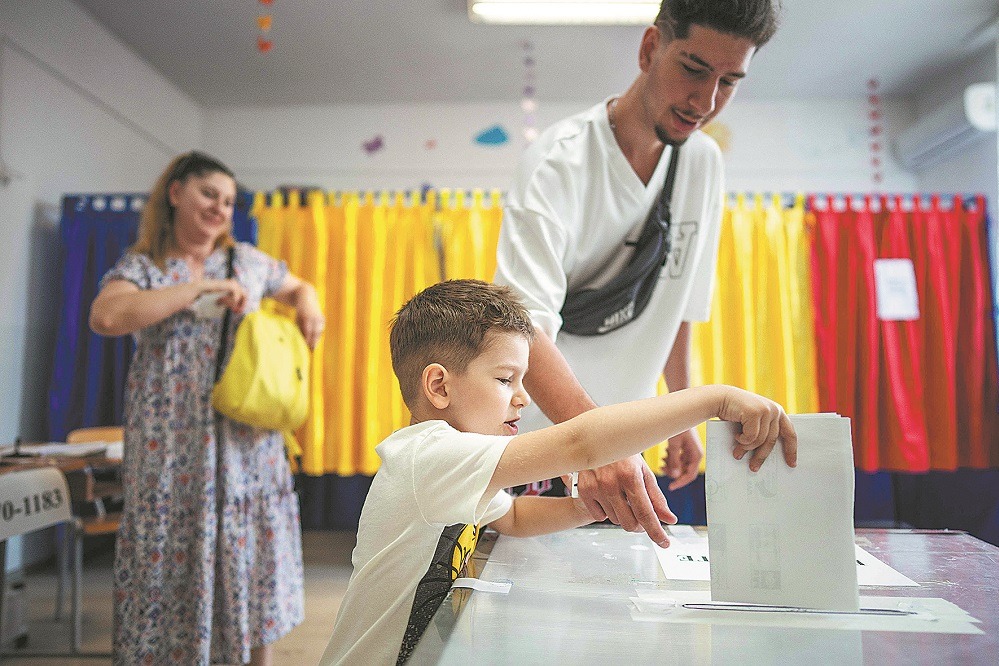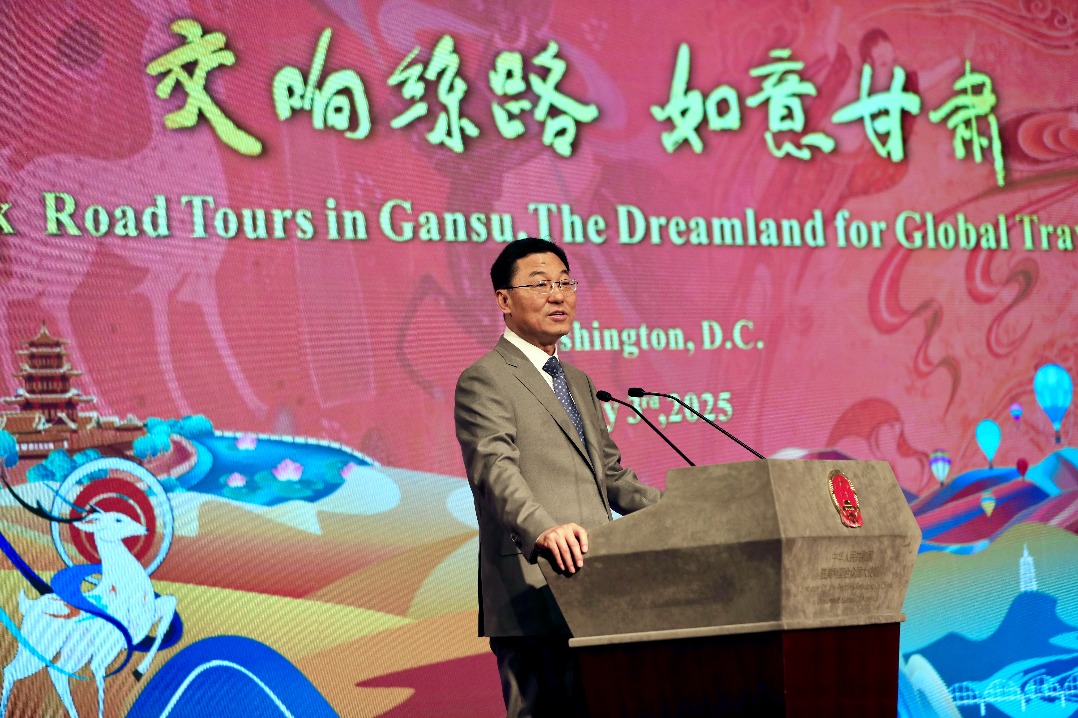AUC, IGAD reaffirms support for South Sudan's political transition

The African Union Commission (AUC) and the Intergovernmental Authority on Development (IGAD) have jointly pledged renewed support to South Sudan's ongoing efforts to consolidate peace and advance national unity, as the country navigates a critical phase in its transitional roadmap.
In a joint communiqué released on Tuesday at the close of a two-day official visit to Juba, the two regional bodies reaffirmed their "unwavering support" for the government and people of South Sudan in achieving "peace, national unity, democratic governance and sustainable development."
The visit, led by the chairperson of the African Union Commission and conducted in coordination with IGAD, marked a key diplomatic engagement at a time when South Sudan's leaders are under mounting pressure to fully implement the Revitalized Agreement on the Resolution of the Conflict in the Republic of South Sudan (R-ARCSS).
During the mission that began on Tuesday, the AU chairperson held high-level consultations with President Salva Kiir Mayardit and other senior officials. Discussions centered on preserving the fragile gains of the 2018 peace deal, fostering inclusive dialogue, and ensuring the credible implementation of the transitional process.
According to the joint communiqué, the AU and IGAD emphasized that "peace, stability, and inclusive governance are indispensable foundations for South Sudan's sustainable development and regional integration."
The delegation also met with representatives from the diplomatic community and key international partners to strengthen coordination and reinforce a shared commitment to South Sudan's transition.
"The AU and IGAD believe that inclusive governance and mutual trust among political actors are essential for durable peace and national cohesion," the communiqué read.
Analysts say the visit signals a concerted effort by African and regional actors to maintain momentum in South Sudan's political process amid concerns over delays in reforms, elections and the unification of armed forces.
The two institutions underscored "the need for mutual trust, national cohesion, respect for political and civic space, and continued commitment to dialogue and compromise" as vital pillars for progress.
Additionally, the two institutions stressed the urgency of strengthening political consensus and national dialogue to ensure all stakeholders — including opposition parties, civil society and marginalized groups — are part of shaping the country's post-conflict future.
sharon@chinadailyafrica.com

































